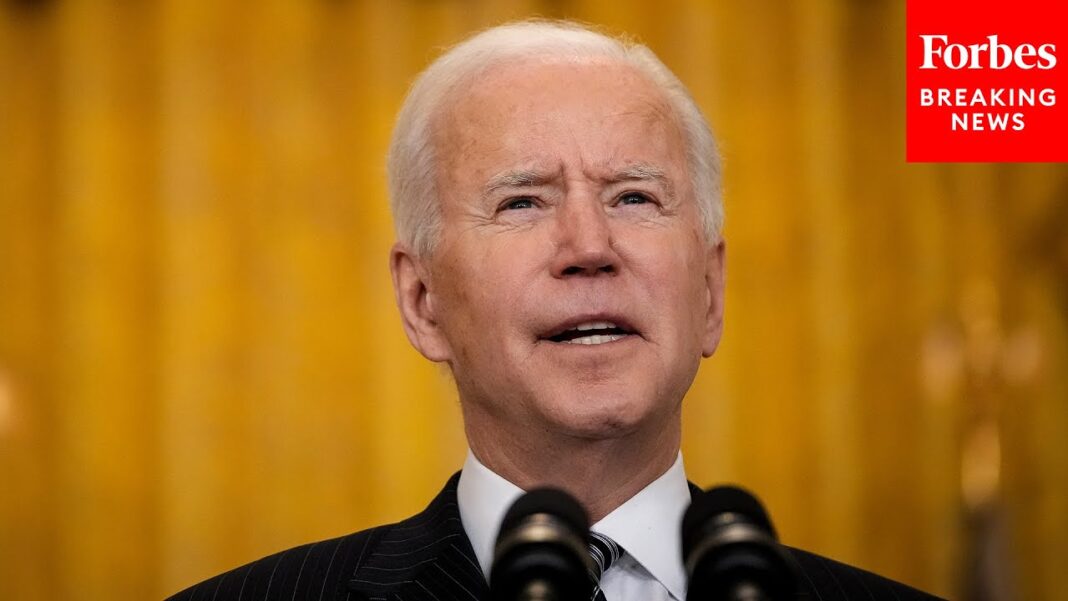A shiny passenger train racing across long empty stretches of American plains may be iconic, but it’s an economic anachronism, experts say.
Even so, the Senate’s infrastructure bill gives $66 billion toward the repair of Amtrak lines—nearly 60 cents to Amtrak for every dollar the bill put toward highways.
This figure doesn’t reflect the way Americans actually travel, said Cato Institute senior fellow Randal O’Toole. People drive 840 times more distance than they take Amtrak.
Passenger railroad use has steadily declined overall since 1920 except during World War II, O’Toole added. The Interstate Commerce Commission predicted that inter-city passenger trains wouldn’t exist by 1970.
But vast amounts of government aid has kept long-distance passenger train travel running long after it became economically implausible, O’Toole said.
Amtrak’s History
Before 1980, railroads were highly regulated. But railroads had a problem. Long and unprofitable passenger train routes were draining their funds, O’Toole said.
To cancel a route, train companies had to lobby for approval from every state on the route, he added. It was almost impossible to end a train route that passed through multiple states.
To save railroad companies from being drained by passenger routes, the federal government created Amtrak in 1970 to run 20 passenger railroads.
Amtrak is privately controlled but owned by the federal government. It gets money from passengers as well as state and federal funding. At first, legislators wrote that Amtrak should try to make a profit. It has never succeeded in doing so.
In 2020, Amtrak received $342 million in state subsidies and $2 billion in federal grants. Since its founding, it has received about $45 billion from the federal government.
Today, Amtrak runs routes on 21,400 miles of railroads, most of which don’t make enough money to support themselves. The 450-mile Northeast Corridor made 52 percent of the company’s revenue, according to Amtrak’s figures.
One problem with Amtrak is that most of the 500 cities it serves don’t generate enough passengers to pay for service, critics say. Over half of Amtrak’s passengers get on and off the train from only nine cities.
The Northeast Corridor is the only profitable rail line in the company, said Tom Schatz, the president of Citizens Against Government Waste (CAGW).
Off The Rails
However, the Northeast Corridor’s profitability comes into question after considering Amtrak’s deceptive accounting system. Unlike other railroads, Amtrak doesn’t subtract costs for a maintenance fund, O’Toole said.







